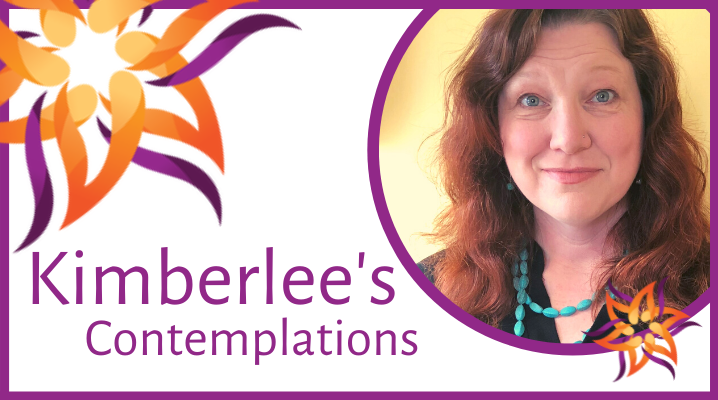Do you know where your grandparents grew up? Do you know the story of something really terrible that happened in your family, like an illness or a fire? Do you know how they got through it?
Often, family stories of struggle are not shared. Our culture tends to encourage us to move on and families focus on the hope and promise of the next generation. While parents try to find ways to give children the strength, will, resilience to embrace life and all its loveliness and ugliness.
One way is surprisingly simple—tell the hard stories. Stories of struggle, confusion, being lost, feeling alone, reconnecting with our people, and finding our way to new places.
Dr. Marshall Duke and Dr. Robin Fivush, professors of psychology at Emory University research the qualities of resilience in families and children by tracking conversations. Asking those “Do You Know” questions that I begin with and testing the children’s psychological health over the years. It turns out, knowing your family story makes us more competent and understanding our roots gives us a stronger sense of ourselves, our purpose, and resilience to continue even when life does not seem to make much sense.
Humans need story. We tell stories to give life experiences shape. The narrative organizes our experiences. Stories help us connect the landscape of our consciousness with the landscape of action, by integrating our internal world into our external world.
This research teaches us that having a family narrative builds an identity inside of us, an intergenerational self. The intergenerational self is created when we internalize the stories of not just the good things, but the hard times, that our family has endured. Making sense of our ancestors, by examining their lives, lives we are connected to, offers us models of how to endure. Most importantly, they show us how we belong to something bigger than ourselves.
Family narratives contain collective wisdom that is a tool of stability, helping to protect our children from anger and anxiety. In each story there is a plot with instructions to keep stretching, learning, and hoping. The story of us is a powerful gift, the ups and downs endured, retold to them again and again, refined for each generation.
The best single predictor of children’s emotional health and happiness is knowing their roots—who they come from. It shapes their wings and their belief in who they can become.
Be brave and tell the hard stories.
May we remember the roots that hold us close, grow our wings and stretch them, we will need them in the wild world before us.
Rev. Kimberlee Tomczak Carlson, Minister of Religious Education
